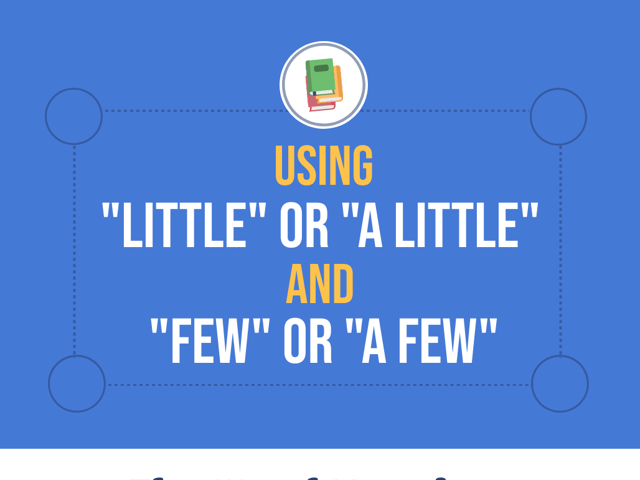
Rules for Capitalization
Whether it be on homework or a work memo, proper use of the English language is essential to effective communication. While capitalization rules can vary according to style guide, there are a few universals you should familiarize yourself with to make sure your writing is error-free. Here are some situations in which you should always capitalize:
1. The Beginning of a Sentence
Examples: We are moving. They are not moving.
2. Proper Nouns
Proper nouns reference a specific person, place, or thing.
Examples:
I went to the store with Sandra.
I saw Mars through the telescope.
3. The Pronoun “I”
Example:
She wanted to go, but I didn’t.
4. Acronyms
Acronyms are abbreviations formed from the initial letters of other words.
Example: MIA is an acronym for “Missing In Action.”
5. Titles
Most words in book, movie, song, and other publications should be capitalized with a few exceptions:
- Do not capitalize articles (a, an, the) unless they are the first word in the title.
- Do not capitalize conjunctions (and, but, or, etc) unless they are the first word in the title.
- Do not capitalize short prepositions of less than four letters (by, of, up, etc) unless they are the first word in the title.
Examples: Manchester by the Sea, War for the Planet of the Apes
6. Calendar Terms
This includes days of the week, months of the year, and major holidays.
Examples: June, Thanksgiving
7. Religious Terms
This includes all major religions as well as their religious texts and figures.
Examples: Jesus, Koran
8. Geographical Locations and Nationalities
These include cities, countries, states, and the collective names of people from specific countries.
Examples:
The Russians had a space program as well.
She was from Des Moines, Iowa.
9. Specific Events and Periods of Time
Examples: The Middle Ages, World War II

Keep Reading

English Basics Blog
How to Write a Compare and Contrast Essay
When you were in school, you probably had to write a lot of different t…

English Basics Blog
What are Superlatives?
We spend our lives making comparisons, whether we realize it or not. Wh…

English Basics Blog
When to Use “Little” or “a Little” and “Few” or “a Few”
Few aspects of the English language can grow as convoluted as when to u…